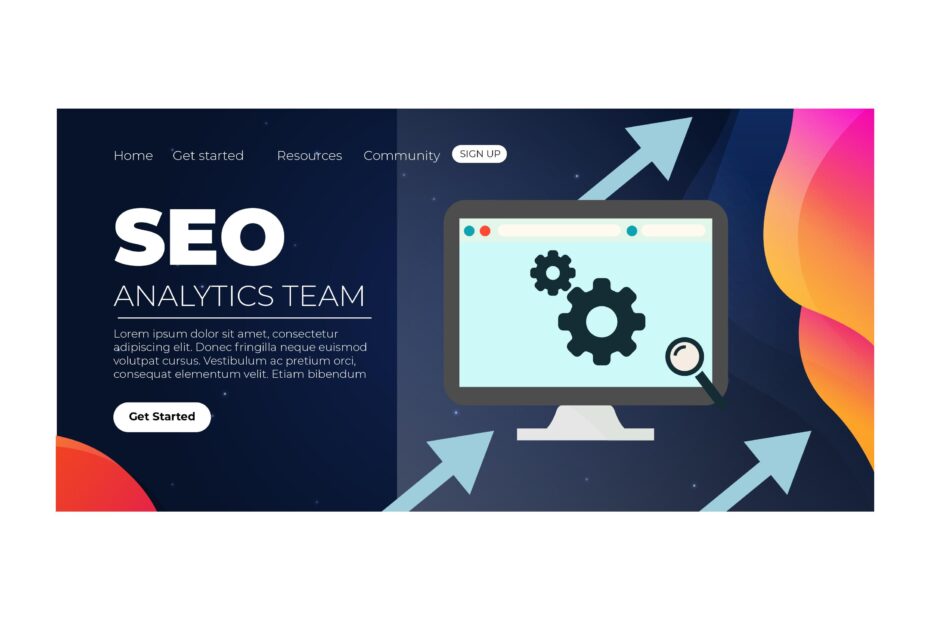In the ever-evolving world of digital marketing, local SEO remains a critical component for businesses aiming to attract nearby customers. As we move through 2024, optimizing your website for local search has never been more important. This guide will provide actionable insights on how to improve your local search visibility, enhance your local listings, and effectively use local SEO tools to drive traffic and conversions.
Understanding Local SEO: Why It Matters
Local SEO is essential for businesses that operate within specific geographic areas and want to attract local customers. With increasing reliance on mobile searches and voice search, optimizing for local SEO can significantly impact your business’s online presence.
Why Is Local SEO Important?
Local SEO helps businesses:
- Increase Visibility: Appearing in local search results makes it easier for potential customers in your area to find you.
- Drive Foot Traffic: Improved local rankings can lead to more visits to your physical store or office.
- Enhance Relevance: Targeted local searches connect you with customers who are actively seeking services in your area.
How to Optimize Your Website for Local Search in 2024
1. Claim and Optimize Your Google My Business Listing
Google My Business (GMB) is a crucial tool for local SEO. Here’s how to optimize it:
- Claim Your Listing: Ensure your business is listed on Google My Business and claim ownership.
- Complete Your Profile: Fill out all fields, including business name, address, phone number, and website URL.
- Add High-Quality Photos: Include images of your business, products, or services to attract more clicks.
- Encourage Reviews: Positive reviews enhance credibility and local ranking. Encourage satisfied customers to leave reviews and respond to them.
2. Optimize Your Website for Local Keywords
Local keywords are essential for ranking in local search results. To optimize your website:
- Research Local Keywords: Use tools like Google Keyword Planner to find keywords relevant to your location and industry.
- Include Keywords in Key Areas: Integrate local keywords into your website’s titles, meta descriptions, headers, and content.
- Create Location-Specific Pages: If you operate in multiple areas, create separate pages targeting each location with relevant content.
3. Use Structured Data Markup
Structured data markup helps search engines understand your website’s content and improves local search visibility. Implement schema markup for:
- Local Business: Include information about your business’s location, contact details, and operating hours.
- Reviews: Mark up customer reviews to display rich snippets in search results.
4. Optimize Your Website’s Loading Speed
A fast-loading website enhances user experience and is a factor in search rankings. To improve loading time:
- Compress Images: Use tools to reduce image sizes without compromising quality.
- Minimize HTTP Requests: Limit the number of elements on your page to speed up load times.
- Enable Caching: Implement browser caching to improve load times for returning visitors.
5. Ensure Mobile-Friendliness
With an increasing number of searches performed on mobile devices, a mobile-friendly website is crucial. Ensure your site:
- Responsive Design: Adapts to various screen sizes and devices.
- Easy Navigation: Provides a seamless experience for mobile users with clear menus and touch-friendly buttons.
6. Build Local Citations
Citations are online references to your business’s name, address, and phone number (NAP). To build local citations:
- List Your Business in Local Directories: Ensure consistent NAP information across directories like Yelp, Yellow Pages, and local business listings.
- Use Industry-Specific Sites: Find directories relevant to your industry for additional citations.
7. Create High-Quality Local Content
Content relevant to your local audience can improve your local SEO. Consider:
- Local News and Events: Write about local news, events, or topics of interest.
- Customer Success Stories: Share case studies or testimonials from local customers.
Local SEO Tools and Checklists
Local SEO Tools
Several tools can aid in optimizing your local SEO:
- Google My Business Insights: Analyze how users interact with your GMB listing.
- Moz Local: Manage and monitor your local citations.
- SEMrush: Track local keyword rankings and competitor analysis.
Local SEO Checklist
Follow this checklist to ensure your local SEO efforts are on track:
- Claim and Optimize Google My Business: Ensure all information is complete and accurate.
- Perform Local Keyword Research: Identify and use relevant keywords.
- Implement Structured Data Markup: Use schema for local business and reviews.
- Optimize Website Speed and Mobile Experience: Ensure fast loading times and a mobile-friendly design.
- Build Local Citations: Maintain consistent NAP information across directories.
Create Local Content: Develop content that resonates with your local audience.
Conclusion
Optimizing your website for local search in 2024 involves a blend of technical enhancements and strategic practices. By focusing on local keywords, optimizing your Google My Business listing, and utilizing local SEO tools, you can improve your local search visibility and drive more targeted traffic to your business. Embrace these strategies to stay competitive and connect effectively with your local audience.


